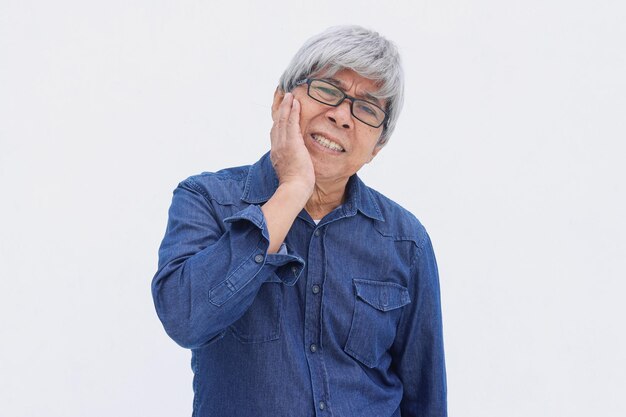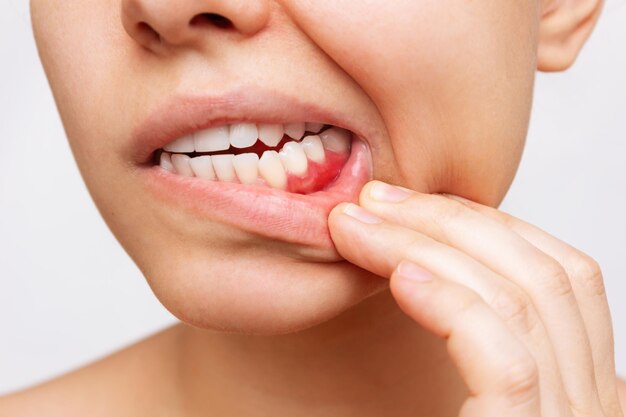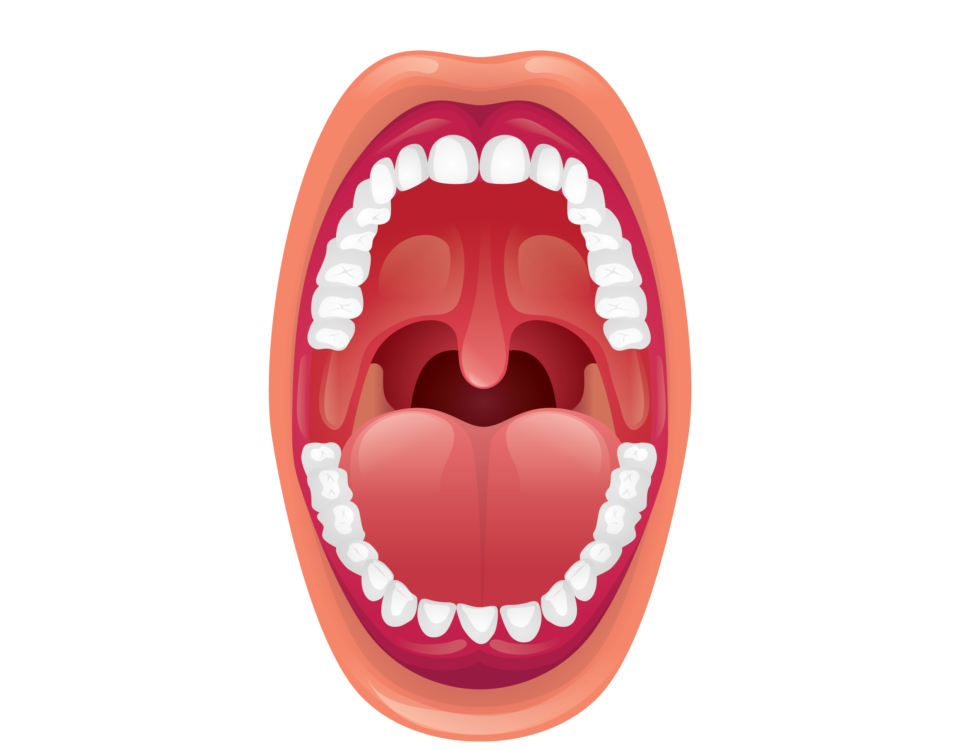5 Common Dental Problems In Case Of Older Adults

Dentures: Components, Purpose & After-Care
March 25, 2022
What Should You Do After Teeth Whitening Treatment?
April 8, 2022It might be difficult to keep your older adult’s teeth and mouth healthy since age and health issues can make them more susceptible to dental disorders. Our top dentists have compiled a list of expert suggestions for preventing, treating, and managing common dental disorders in the case of seniors.
Wisdom comes with age, but so do many other issues related to aged teeth and gums. Many oral health problems in older persons can be caused by a lifetime of chewing, grinding, gnashing, and general wear and tear, as well as medications, medical conditions, and a possible reduction in dental treatment.
Significant tooth discomfort, swollen gums, bleeding gums, and gum infection are all possible outcomes of these problems. Here are five common senior dental issues to be aware of, as well as preventative, treatment, and management tips.
Decay Of Teeth
Cavities can result from tooth decay, which can cause pain, infection, and even tooth loss. Plaque and tartar buildup is the most common causes.
Sugar and acid build up in the mouth due to a sugary diet, a tendency to snack between meals, and a decrease in saliva production.
Medical issues can also play a significant influence. Brushing one’s teeth, for example, can be difficult and uncomfortable for individuals with arthritis and a near-impossible activity for those with dementia.
The ideal way is to avoid problems in the first place. Brush your teeth twice a day with fluoride toothpaste, limit your sugar intake, and drink water after each meal. It may be easier to use and more effective to switch to an electric toothbrush.
If tooth decay continues to be a problem, talk to your dentist about fluoride rinses, fillings, and crowns to prevent advanced decay.
Gum Disease Or Periodontal Problems
Periodontal disease, often known as gum disease, is a common issue caused by bacteria in plaque and tartar. Smoking has been shown to have a major impact. Gums that are inflamed, red, and bleeding are signs of advanced gum disease.
Gingivitis is gum inflammation caused by bacteria buildup where the teeth meet the gum tissue. Periodontitis, a dangerous gum infection that affects the gum tissue and bone that supports the teeth, can result from this.
Inadequate nutrition can lead to additional gum health problems if the ability to chew and swallow is impeded.
Gum disease is, thankfully, both preventable and treated with good dental care. This includes flossing and brushing your teeth daily.
If your elderly relative is showing signs of gum disease, he or she should see a dentist right away. They’ll be able to do a thorough assessment and evaluation, as well as develop a treatment plan.
Receding Gums
Gum recession is a condition in which the gums pull away from the teeth over time. Gum disease and poor oral hygiene are the most prevalent causes, but smoking, family history, and tooth grinding (also known as bruxism) can all play a role.
As the tooth’s root becomes exposed, teeth may become sensitive and appear to lengthen. If left untreated, this illness can cause considerable harm to oral tissues, as well as an increased risk of gum disease and tooth loss.
Again, the ideal cure is prevention, which can be achieved by maintaining good oral hygiene, stopping smoking, and avoiding sugary meals.
If your senior displays signs of receding gums, schedule an appointment with a dentist as soon as possible to discuss the best way to manage the problem. Deep cleaning and scaling are two treatment possibilities, as are surgical procedures like gum grafts.
Dry Mouth Or Xerostomia
Dry mouth, also known as xerostomia, is a prevalent symptom that affects many people as they get older. Many drugs have this negative effect.
Reduced saliva production causes sugar and acids to build up more quickly in the mouth, increasing the risk of cavities and contributing to some of the issues outlined above. It can also cause dry, cracked lips and a swollen tongue, making speaking and swallowing difficult.
To counteract these detrimental effects, encourage your senior to drink plenty of water and avoid sugary foods and beverages. Saliva production can be stimulated by chewing gum and lozenges, and mouth rinses can help avoid acid buildup.
Oral Cancer
Oral cancer is more likely as you get older. People who smoke or consume alcohol regularly are at a higher risk.
Any recurrent sores, ulcers, or color changes in the tissue in or around your older adult’s mouth should be checked by a dentist.
Regular dental examinations are vital to ensure that your older adult’s gums and surrounding tissue are as healthy as possible, as early detection could save their life.




